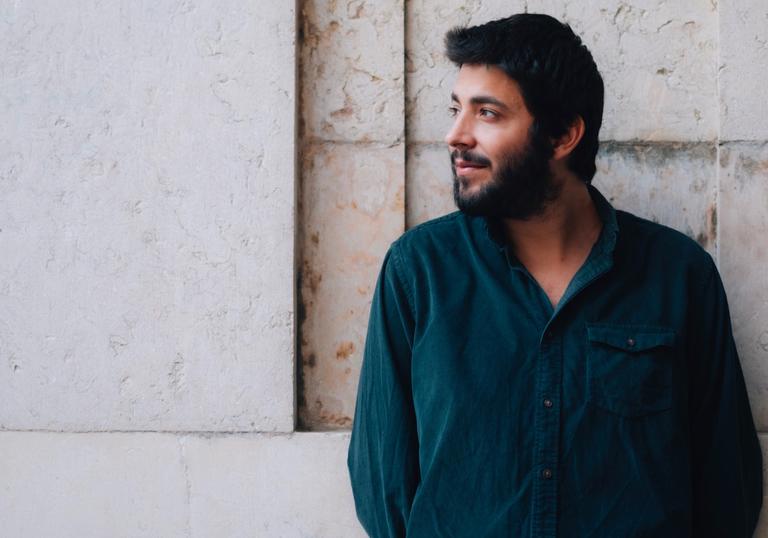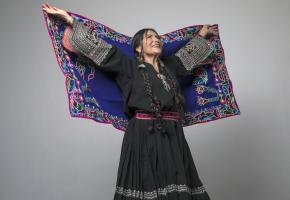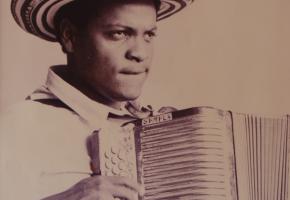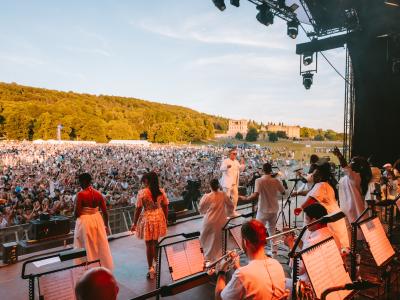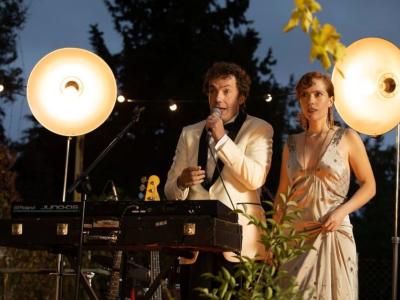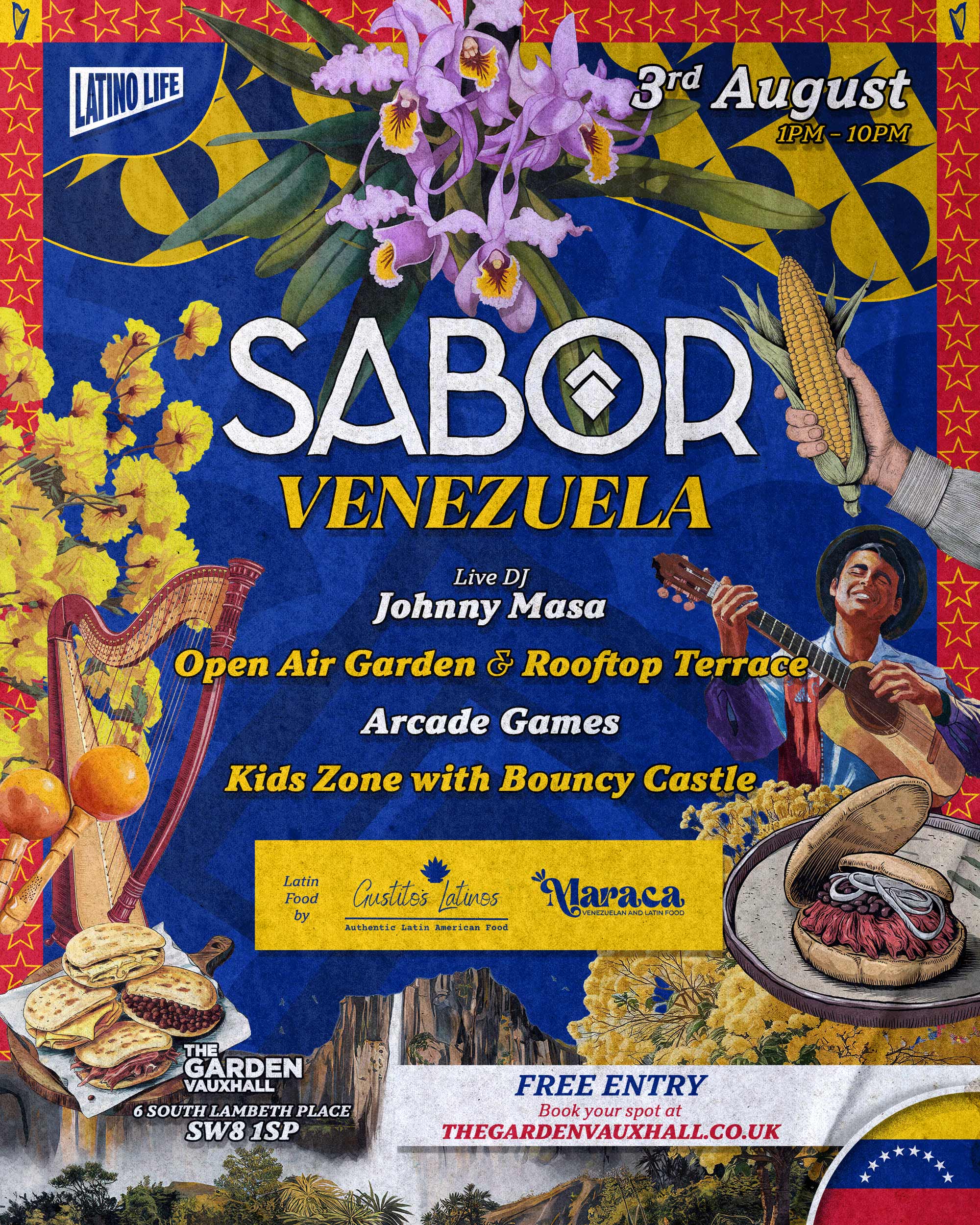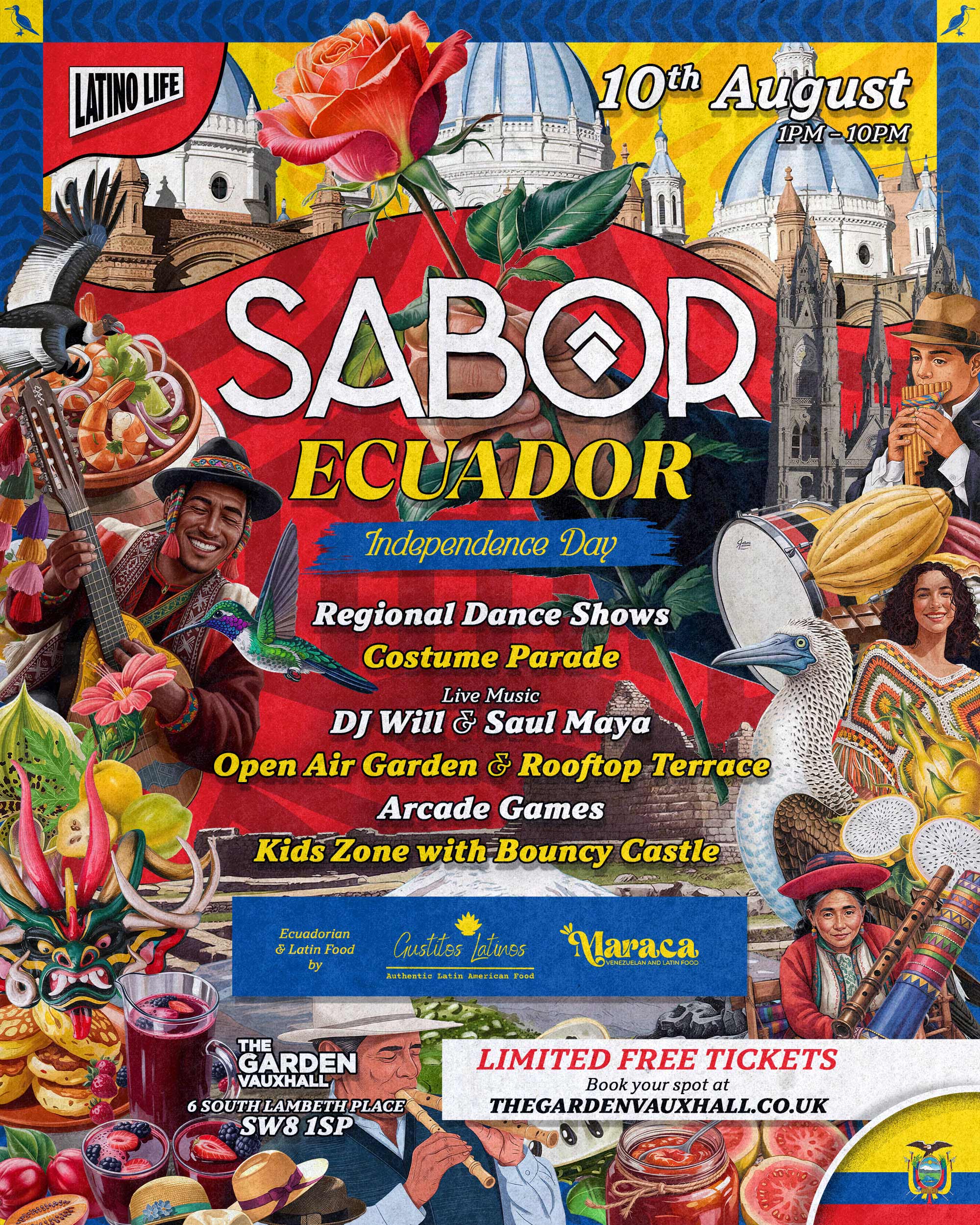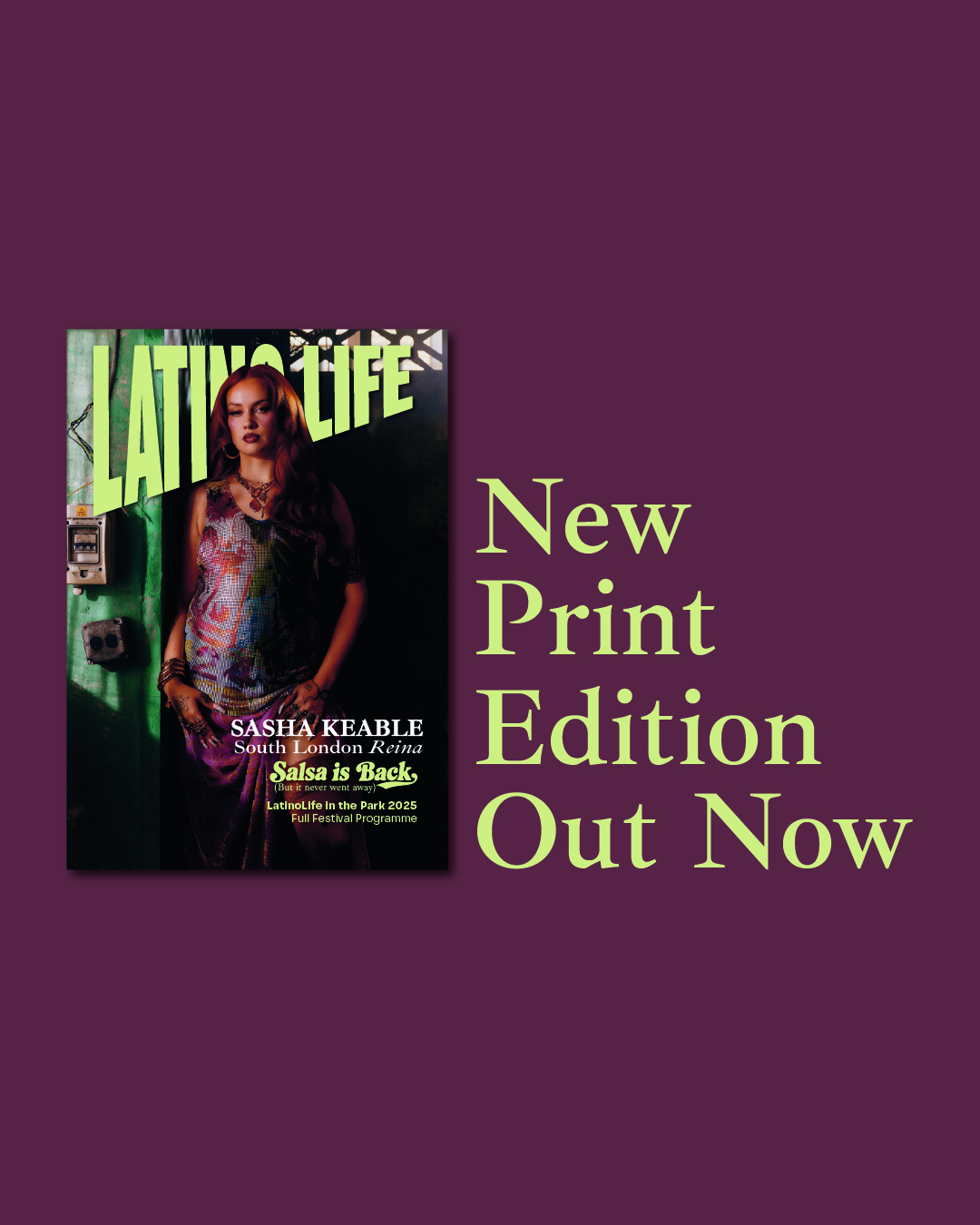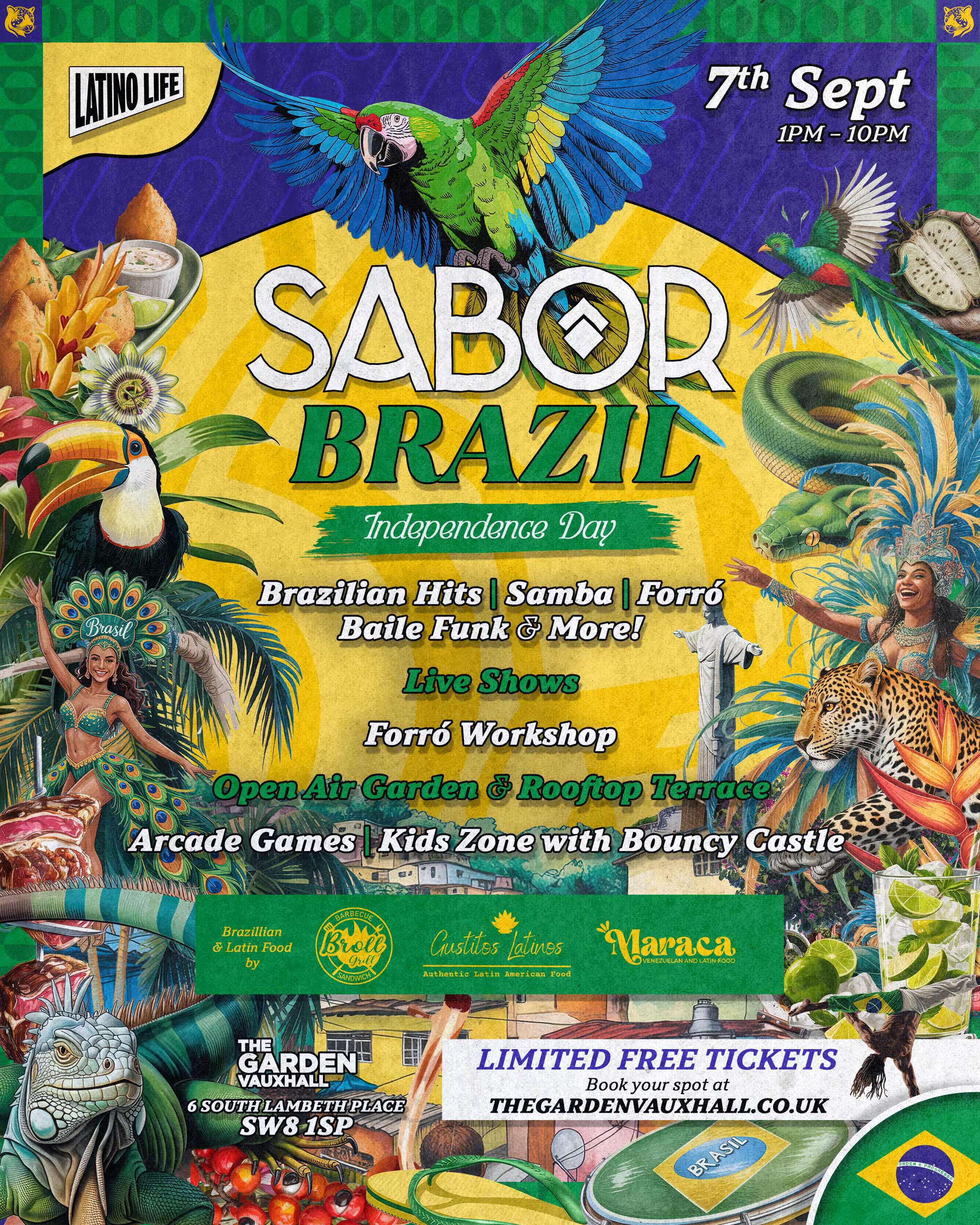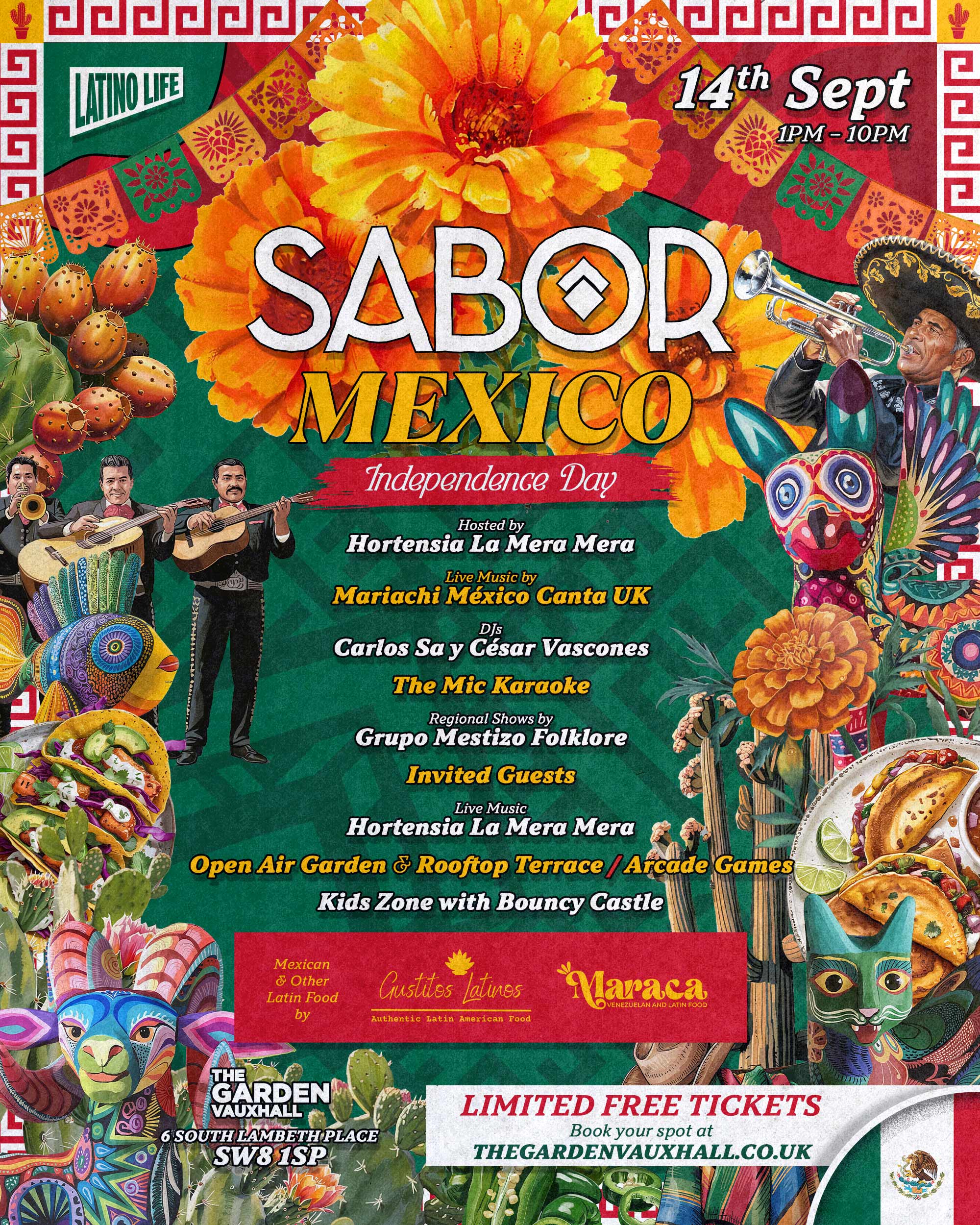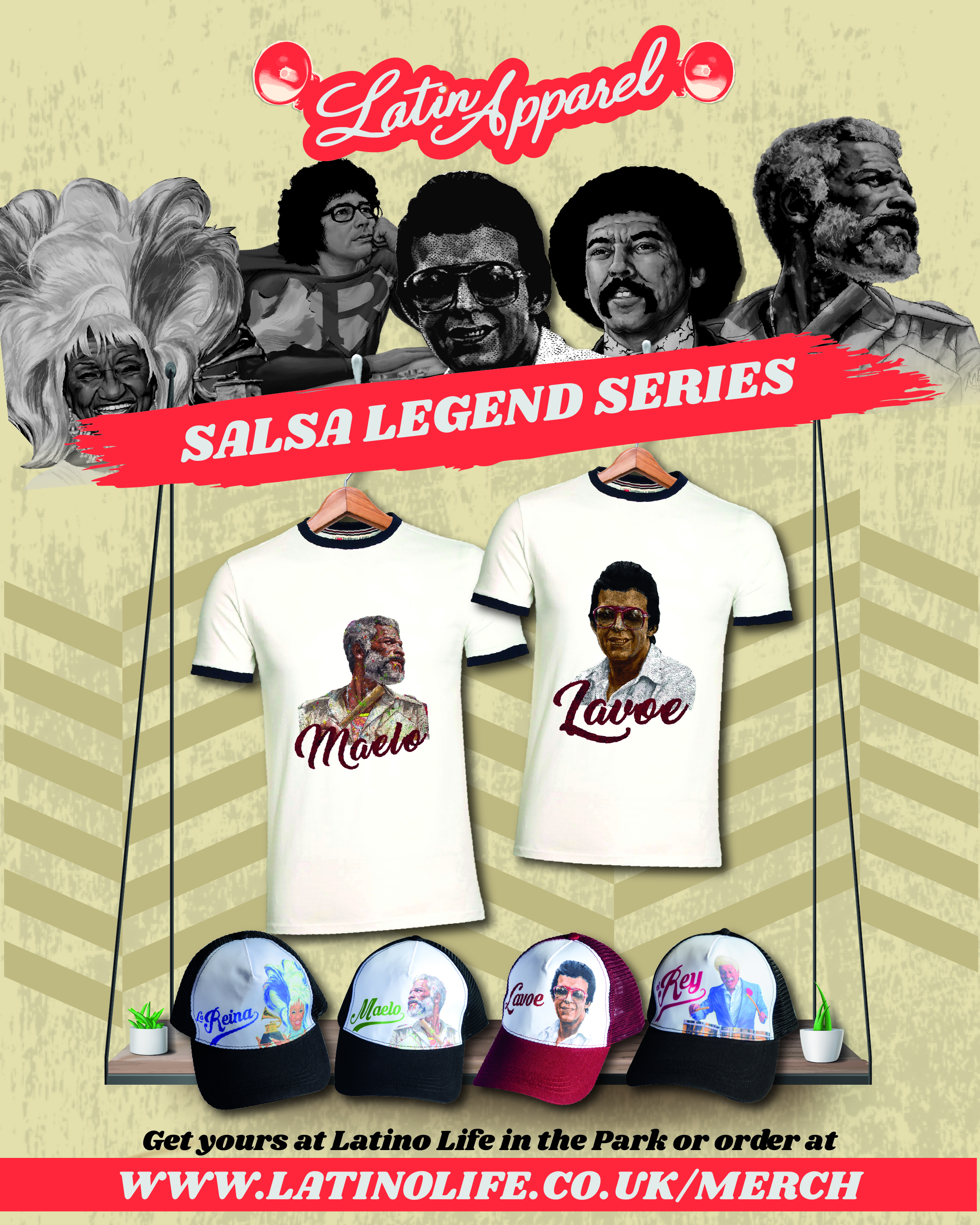When a fragile looking, bearded bohemian took to the glittering stage to perform the winning song "Amar pelos dois" (written by his sister) the youngster from Lisbon was no stranger to fame. At the age of 10, Salvador Sobral participated in the T.V. program Bravo Bravíssimo and, years later, become one of the ten finalists of Ídolos singing songs by Stevie Wonder, Leonard Cohen, and Rui Veloso. In 2017, while participating in the Eurovision Song Contest, he succumbed to heart condition complications that forced him to rest during the semi-final performance, making his final performance unforgettable.
Though his win brought him popularity far and wide, it was his activism that conquered hearts. Sobral drew attention to the European migrant crisis back in 2017 by wearing an 'S.O.S. Refugees' shirt during the first semi-final winners' press conference.
"If I'm here and I have European exposure, the least I can do is send a humanitarian message," Sobral told Ukrainian news outlets. "People come to Europe in plastic boats and are being asked to show their birth certificates to enter a country. These people are not migrants; they're refugees running from death."
The European Broadcast Union banned him from wearing the shirt due to it's "political message" violating the rules of the contest. But the Portuguese artist defended his stance and argued that the message was humanitarian, not political.
Salvador Sobral also donated all the profits from the sales of his CDs in 2017 to the people of Pedrógão Grande, and the relief efforts in town after wildfires severely damaged it.
Yet, despite success and brave actions, his health took a turn for the worse and in September 2017, Sobral announced after his lconcert in the gardens of Casino Estoril in Cascais that was taking a break due to health reasons. "It is not a secret that I have fragile health; I have a problem. It is, unfortunately, time to hand over my body to science and to abandon my life of concerts and music; time to leave for a while from this civilian world and go to another where, certainly, my problem will be fixed. Unfortunately, I do not know how long this will take," the press shared.
A couple of years after a successful heart transplant, Sobral returns with a style and repetoire more influenced by jazz and very different from the bland music you hear from most talent show winners. His newly released album Alma Nuestra. is the outcome of a newfound friendship with the Cuban pianist Victor Zamora, with whom the Portuguese has recreated some of the most popular Cuban, Argentine and South American standards.
LatinoLife: Going back to your amazing win at the Eurovision, How do you look back on that?
Salvador Sobral: It was a huge surprise, most of all because of everything that I was going through with my health. I was conscious of competing, but I also just wanted to enjoy singing that beautiful song that my sister composed. I sang it without pretension or expectation; it was my only objective.
LL: There is a myth stating that only songs performed in English do well in the competition. How do you feel about that? Do you think it's mostly accurate, or would you refute it?
SS: I think that the language in which one sings is secondary. If the song is well written and well interpreted, it's capable of generating emotions.
LL: Even though your win was in 2017, do people in Portugal still show amazement when meeting you? If so, what do they do/say?
SS: People continue to show me a lot of love. It's not so much about what they say or do, but they do show me a lot of love and respect. I, in my way, try to give them back that love.
LL: How are you feeling? Your health is essential to us and your fans, so give us some information on how you've been feeling.
SS: Thank you, I feel good. The recovery is going very well, although such complex conditions also lead to complicated and lengthy recoveries. I am in good hands.
LL: You're very passionate about being an activist. What can we expect from you in this upcoming year?
SS: I am not aware of having that "activist" spirit. For me, like for the vast majority of citizens, there are aspects of the present that awaken in me the need to denounce it. Especially those including vulnerable human beings or in more precarious situations. It's just that.
LL: How do you feel about what's going in Europe regarding refugees?
SS: I am not arrogant enough to know or dictate how such a complex issue and with different consequences for different people should be managed. I am a musician. All I want is for those who make decisions to take into consideration the suffering of the people who are in vulnerable situations and act accordingly; to respond as soon as possible.
LL: So this album is entirely in Spanish and a tribute both Jazz and boleros. Tell us more about how all this came about?
SS: Well, throughout my life, I’ve been influenced by many different styles. During my childhood it was mainly Stevie Wonder, then came HipHop in my teenage years. And recently I became obsessed with Chanson Française. Genres come and go… but only two genres will stay with me forever : Jazz and Cuban music. One beautiful night in Lisbon, in a club called ‘Onda Jazz’ almost by accident I ran into the son of Jazz and Cuban classics Victor Zamora, a Cuban pianist who’s soul breathes jazz and appeared to be the perfect partner-in-crime for this new project aiming to combine my two passions. That’s how the concept of Alma Nuestra slowly started growing on us, at the same time as our friendship was growing. We would sit at the piano and had our own personal creative process: start out with an old Bolero song and shamelessly tore it apart and stripped it down to its core. Later on, two more accomplices joined - Nelson Cascais and André Sousa Machado, who put the final touch on Alma Nuestra with their highly sensitive ideas and musical contribution.


